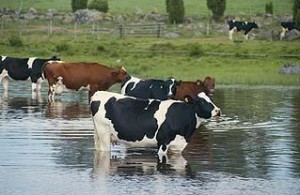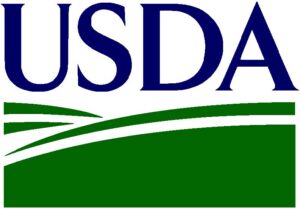I was glad to turn the calendar page to November a couple of weeks ago. In a personal and global way, October was a little overwhelming, and frankly, I was ready to move on and think about life’s next steps. Then came the elections, which helped to clarify, in some way, our near-term local and national future. But honestly, after Hurricane Sandy, I’ve been more than a tad bit anxious about global climate change, and the elections didn’t quell my anxiety by making our climate future more transparent.
Although Vermont was spared the devastation wrought elsewhere by Hurricane Sandy, many of our east coast friends and families were not. And it once again became so obvious how unprepared we are for the future that appears to be before us. My thoughts, as one might expect, have partly been on what this will mean for the future of agriculture in Vermont.
Yesterday I attended a workshop on regional climate change scenario development. It couldn’t have come at a more perfect time given my immediate orientation. The scenarios approach was designed to help us understand the possible or anticipated impacts of climate change, and then lead to a consideration of strategies to improve our resiliency. I learned a lot, thank goodness, and went home with many ideas to ponder.
First and foremost, the main take home message was that Vermont’s agriculture future is unlikely to be business as usual. We are expected to have wetter and warmer winters and hotter and drier summers, all of which adds up to a longer growing season with different water patterns than we are used to. The implications of these changes are many. Farmers will need to think more about irrigation and drainage, keeping animals cool, new pests and diseases, new crops and different crop varieties, changing energy needs, new business plans, and just about everything you can think of that relates to farming systems. Some of our greatest vulnerabilities are likely to be cold-weather crops, maple sugaring, and the dairy industry.
Though I found the implications for Vermont’s farms overwhelming, the day left me especially sure of our decision to hire a Farming and Climate Change Coordinator at the Center for Sustainable Agriculture. The person hired in this position will focus on working collaboratively with farmers to develop and implement applied research and outreach projects to help farmers adjust to what is coming. Stay tuned for more information!








